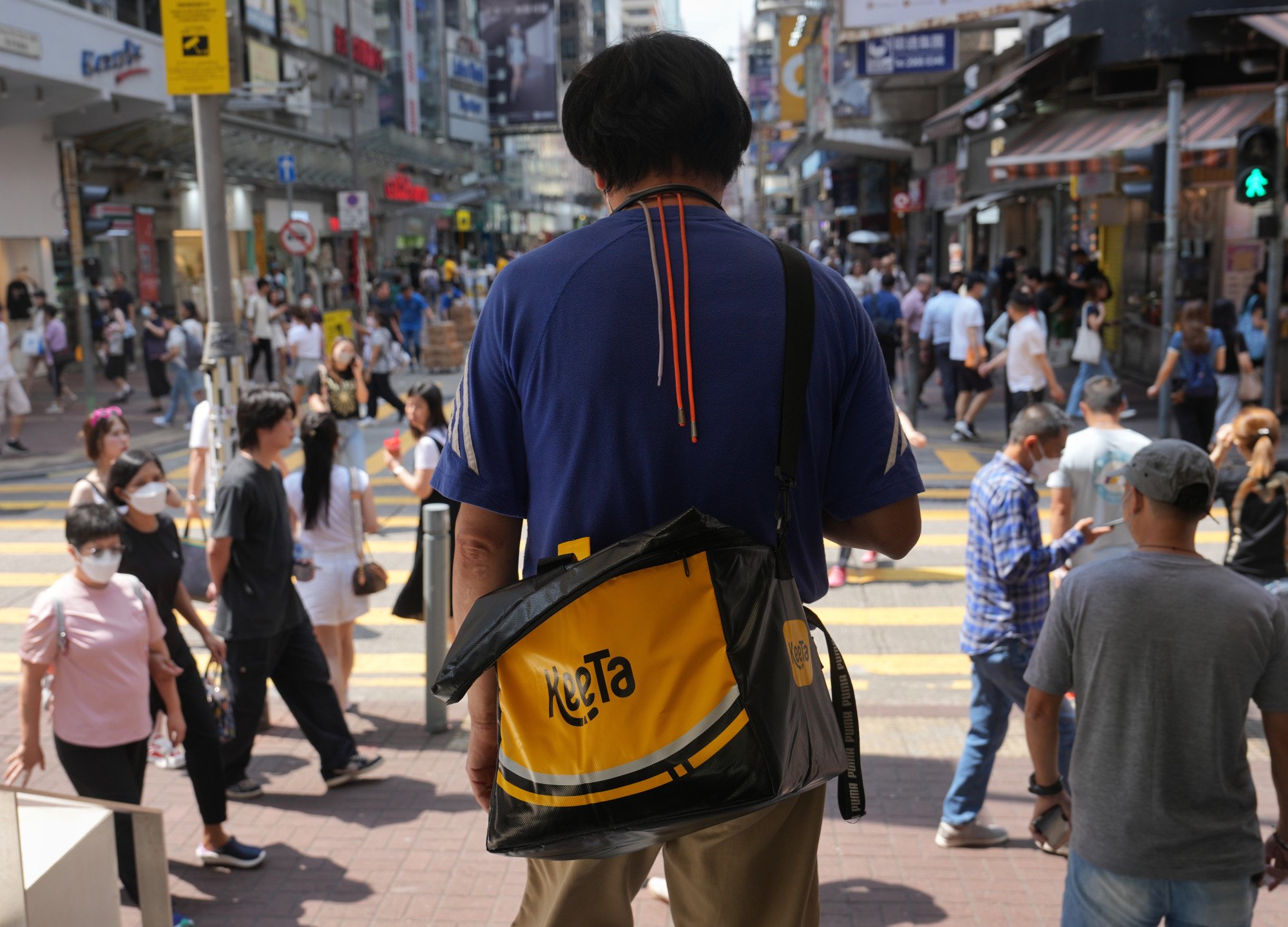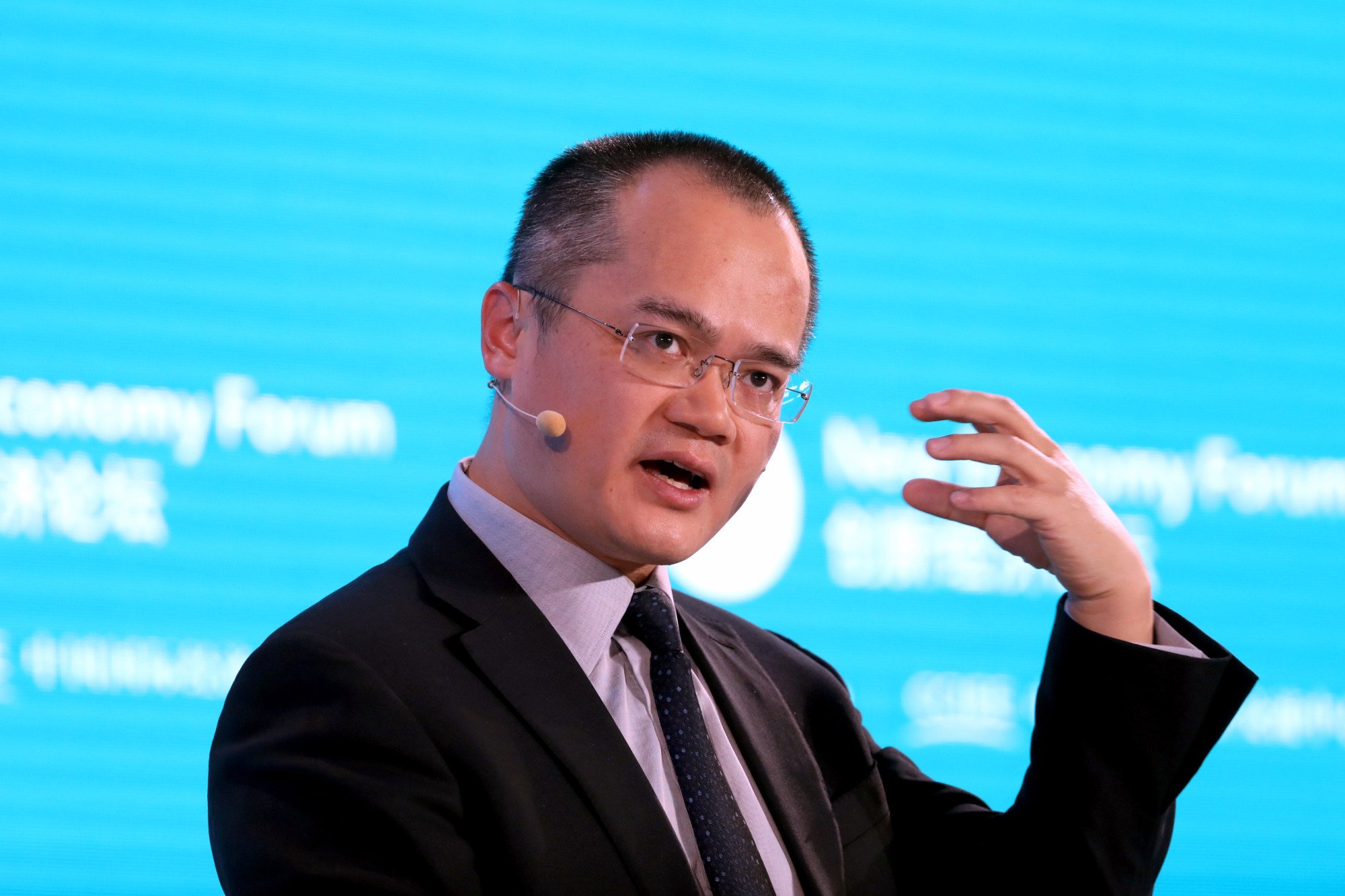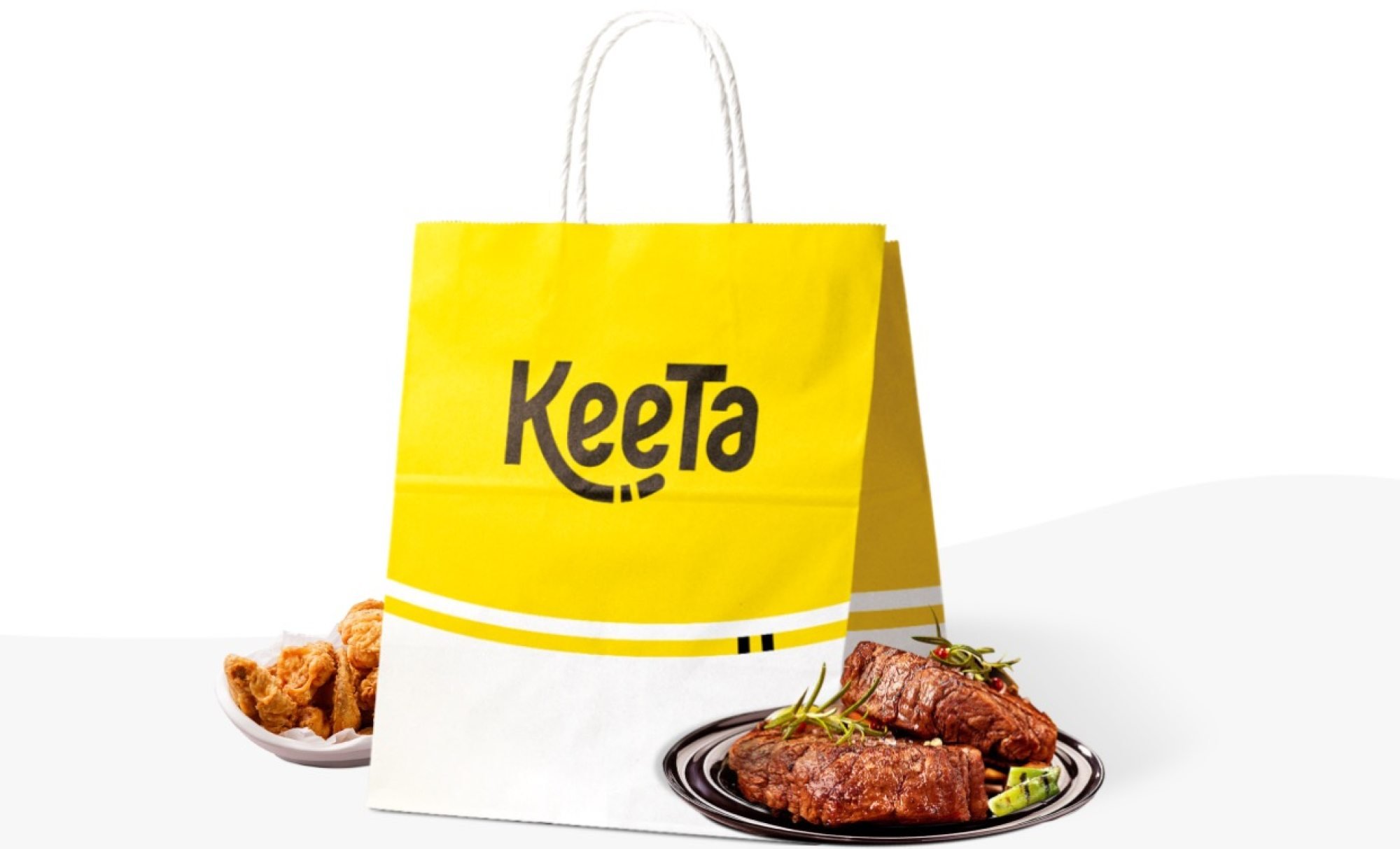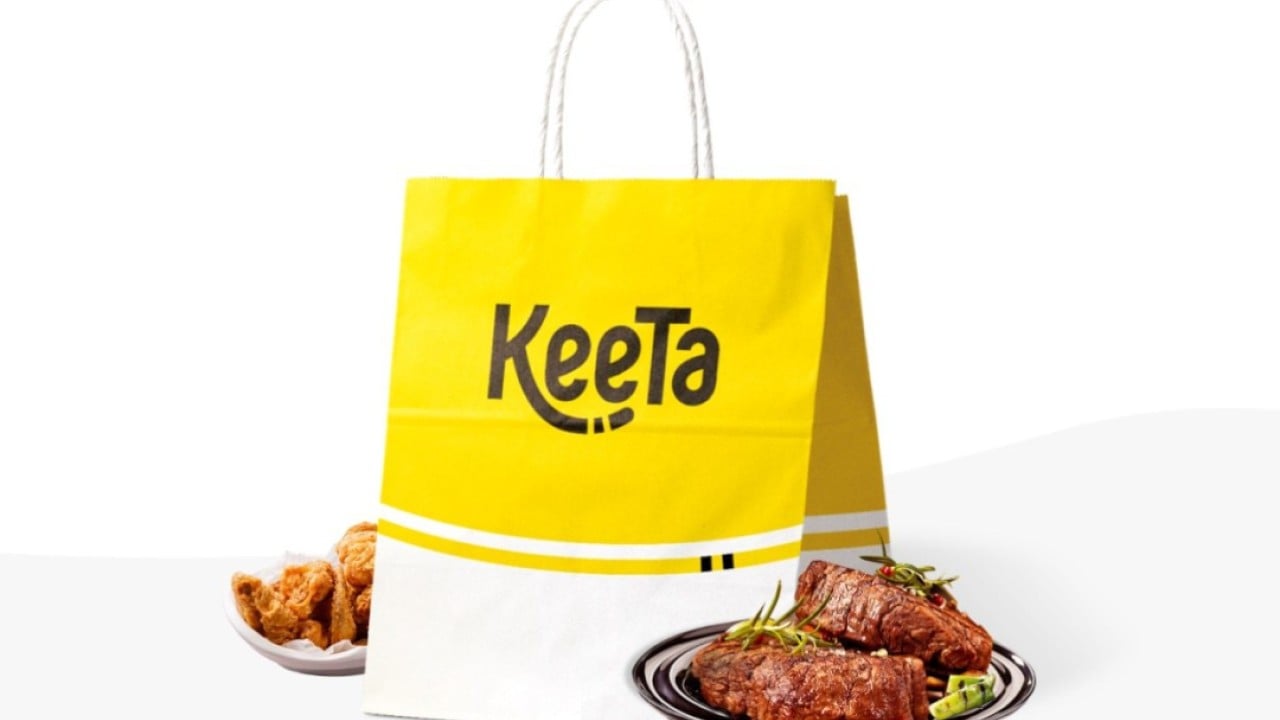Meituan’s KeeTa app leads Hong Kong’s food delivery market by order volume in March quarter, surpassing rival Foodpanda
Chinese on-demand local services giant Meituan gained early success in its initial foray outside mainland China, as its KeeTa app this year became the largest food-delivery platform by number of orders in Hong Kong.
In the first quarter, KeeTa seized a 43 per cent share of Hong Kong’s food delivery market by number of orders to surpass for the first time Foodpanda, which had a 37 per cent share in the same period, according to data published on Tuesday by local analytics firm Measurable AI.
That followed KeeTa unseating Deliveroo as Hong Kong’s second-largest food delivery player by order volume in November, several months after Meituan launched the app in the city in May last year.
The latest milestone achieved by KeeTa shows how Meituan’s first foray outside mainland China has started to pay off, as the company last year saw local consumption recover in its home market amid increased competition.

Meituan reported a 25.8 per cent jump in 2023 revenue to 276.7 billion yuan (US$38.29 billion), despite ByteDance-owned Douyin’s aggressive push into the mainland’s food delivery market.
KeeTa, however, still lagged incumbent Foodpanda by value of delivery orders in Hong Kong the past quarter, according to Measurable AI.
Foodpanda, owned by Berlin-based Delivery Hero, commanded 47 per cent of Hong Kong’s market by gross merchandise value of all pickup and delivery orders in the first quarter, while KeeTa accounted for 27 per cent in the same period.
Meituan’s Hong Kong-listed shares on Tuesday closed 3.99 per cent lower to HK$115.50.

In February, Meituan co-founder, chairman and chief executive Wang Xing said that he would take over control of the company’s overseas business as part of an organisational overhaul.
Meituan is “very actively evaluating opportunities in other markets” after seeing “positive results” in Hong Kong, Wang said in a recent company earnings call with investors.
The Beijing-based company now plans to launch its KeeTa platform in Riyadh, the capital and largest city of Saudi Arabia, according to a Bloomberg report last month that cited people familiar with the matter.
Meituan’s foray into Riyadh will pit KeeTa against local rivals including Jahez International, Delivery Hero’s Talabat and HungerStation and Uber Technologies-backed Careem. The move comes as Saudi Arabia, already the region’s biggest economy, devises plans to invest trillions of dollars to become a tourism and commercial hub.

That expansion, however, is not expected to be “materially incremental” to Meituan’s current valuation because of long-term uncertainty, the firm’s market positioning in Saudi Arabia and the near-term losses this overseas foray might incur, Morningstar senior equity analyst Kai Wang wrote in a research note on April 26.
What helped Meituan “attain the lion’s share” of mainland China’s food-delivery market was exclusive contracts that prevented some restaurants from onboarding with other delivery platforms, according to Wang. That practice has now been prohibited by China’s anti-monopoly rules, which puts more pressure on the margins of Meituan’s food-delivery operation, the Morningstar analyst said.
Meituan is likely to operate from “a laggard position” in Riyadh, according to Wang. “We believe it will be difficult for Meituan to unseat incumbents already familiar with the market and that an incentive-driven strategy will be short-lived until the vouchers stop due to cash burn.”


